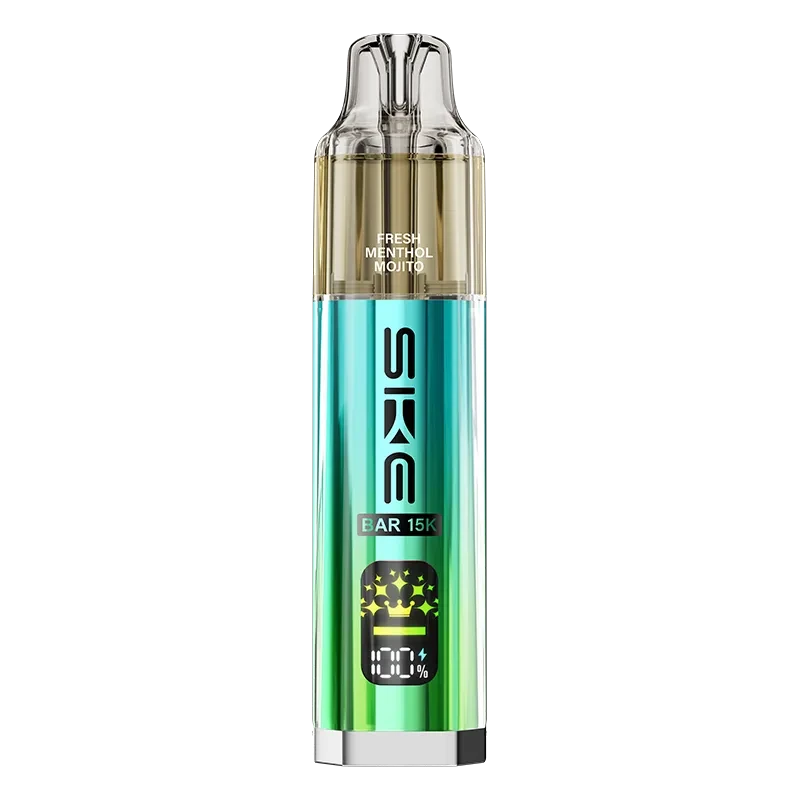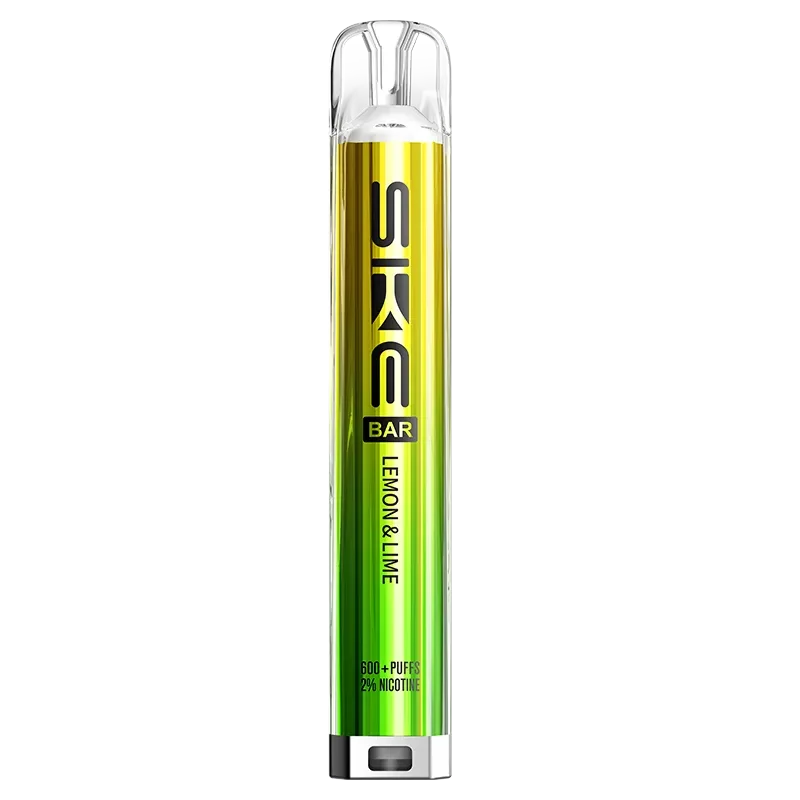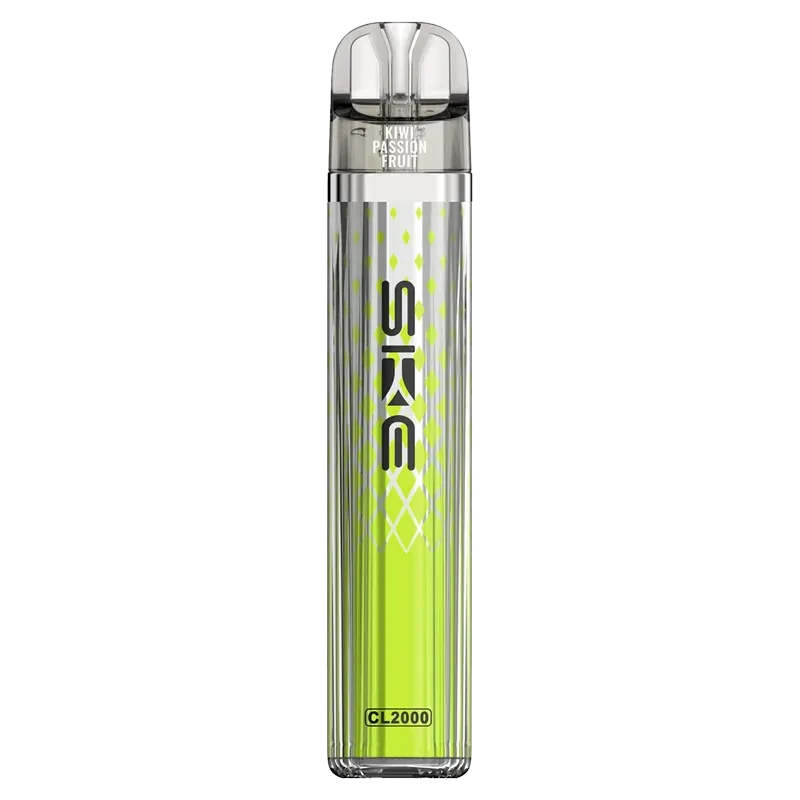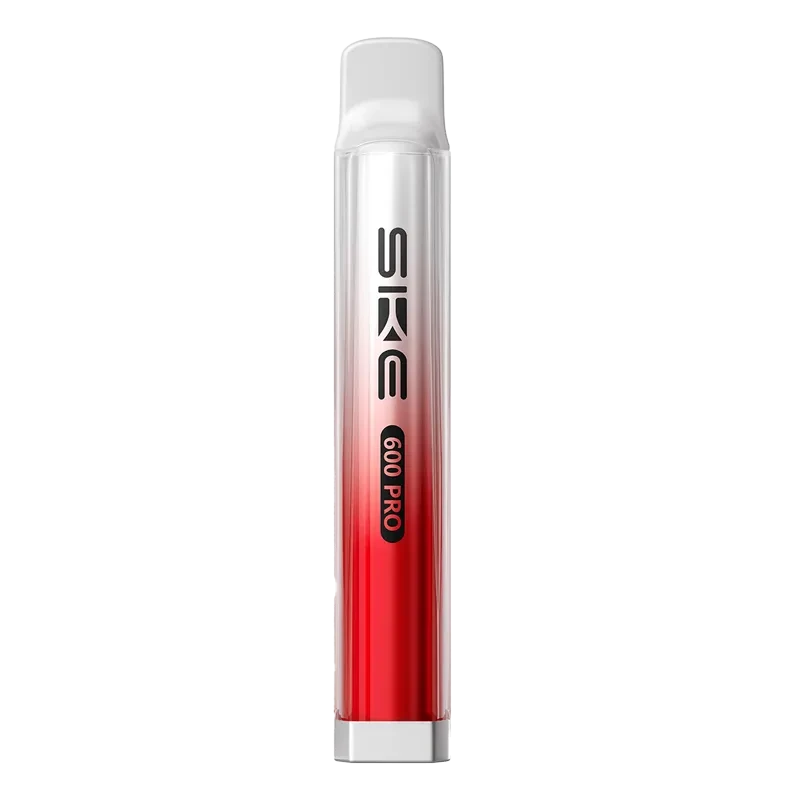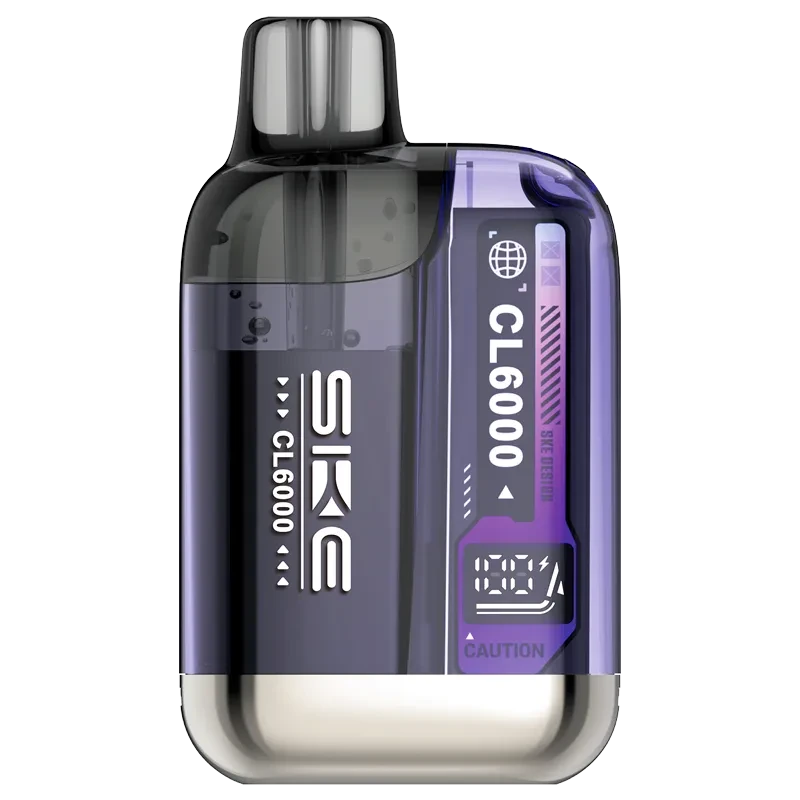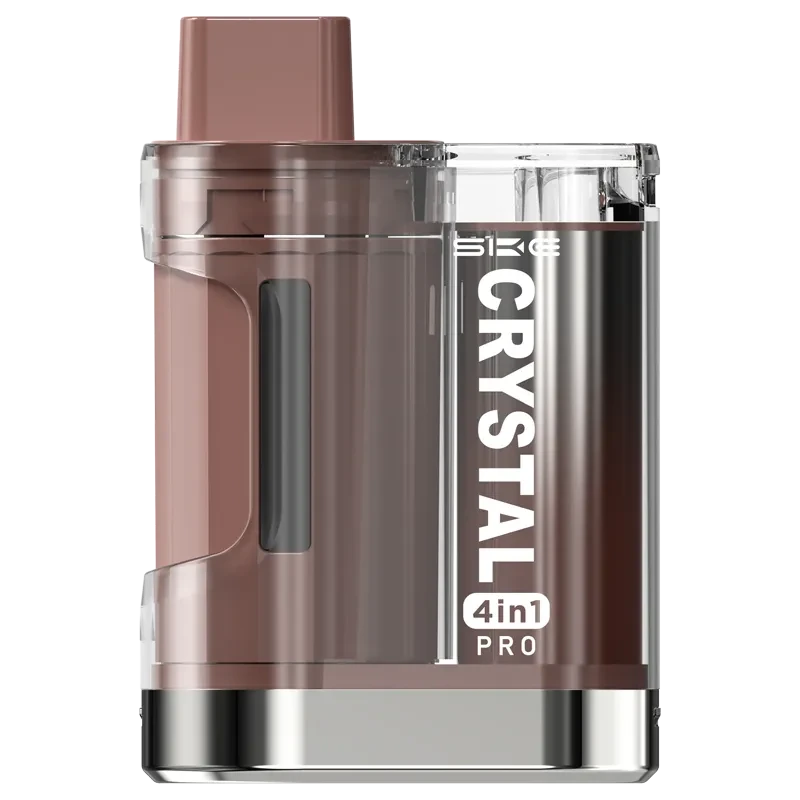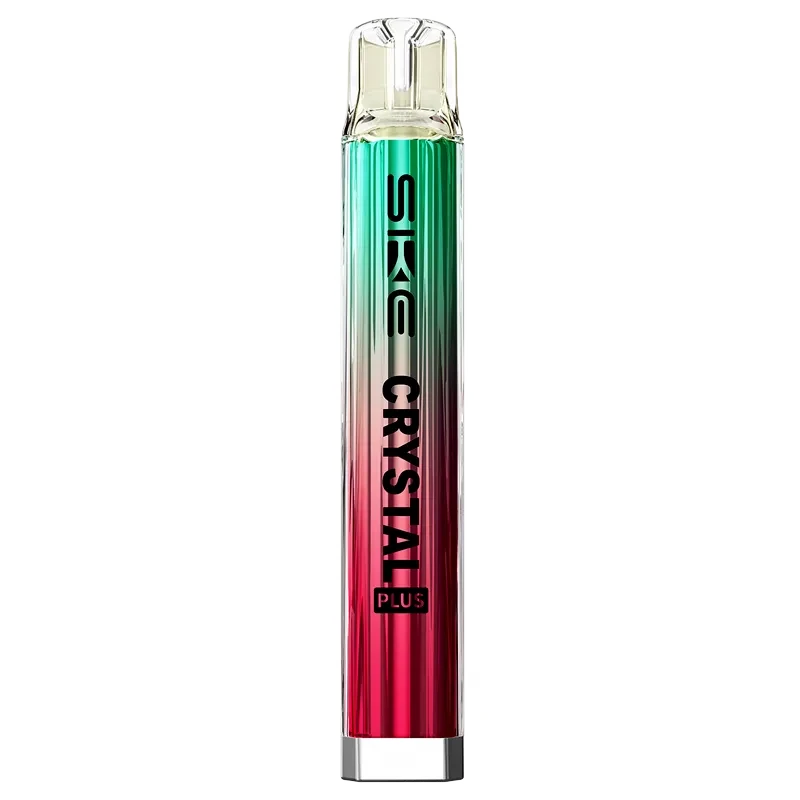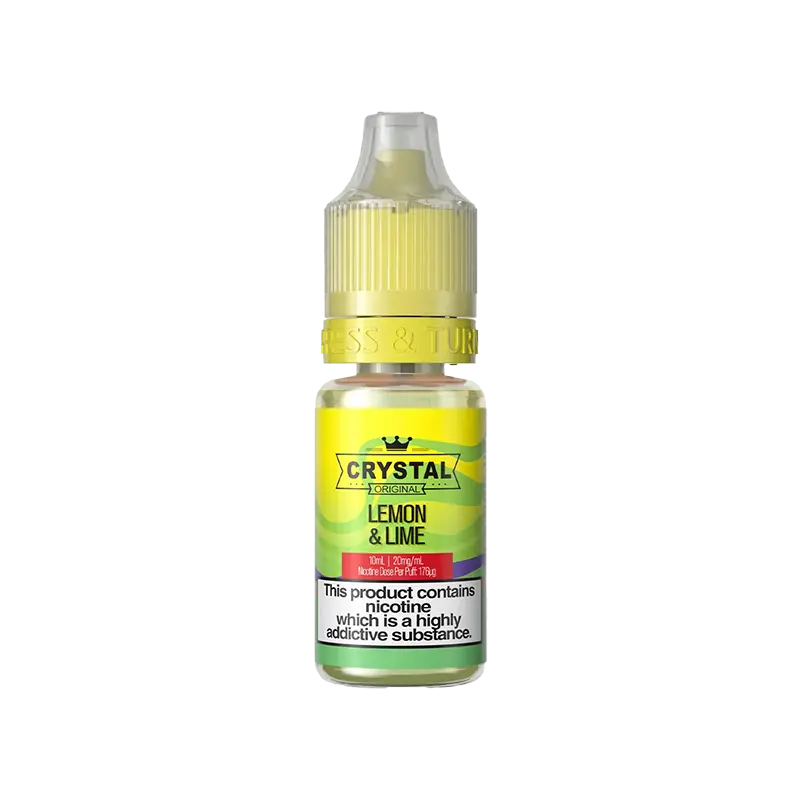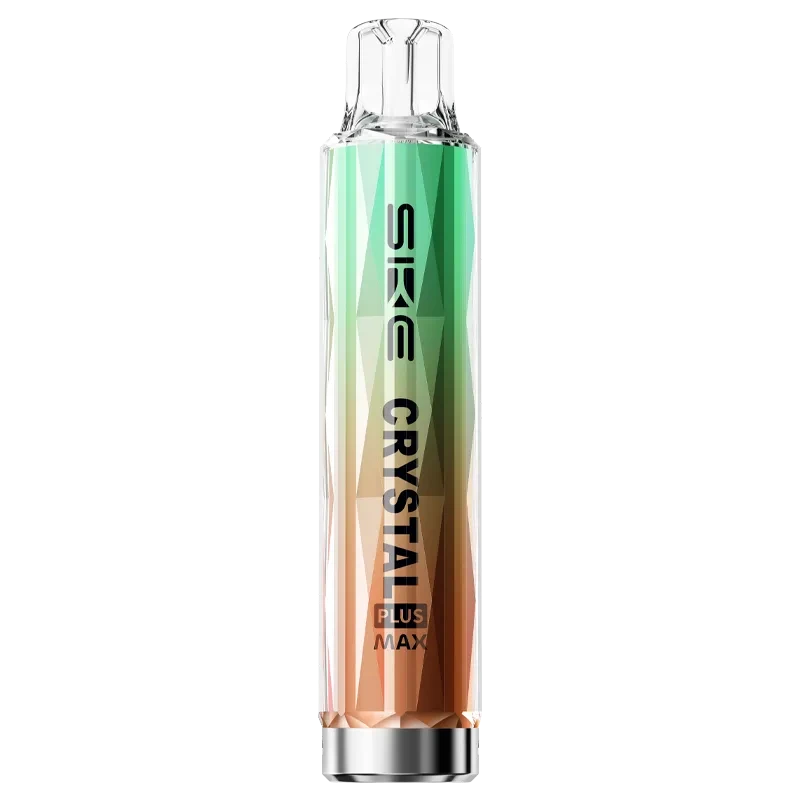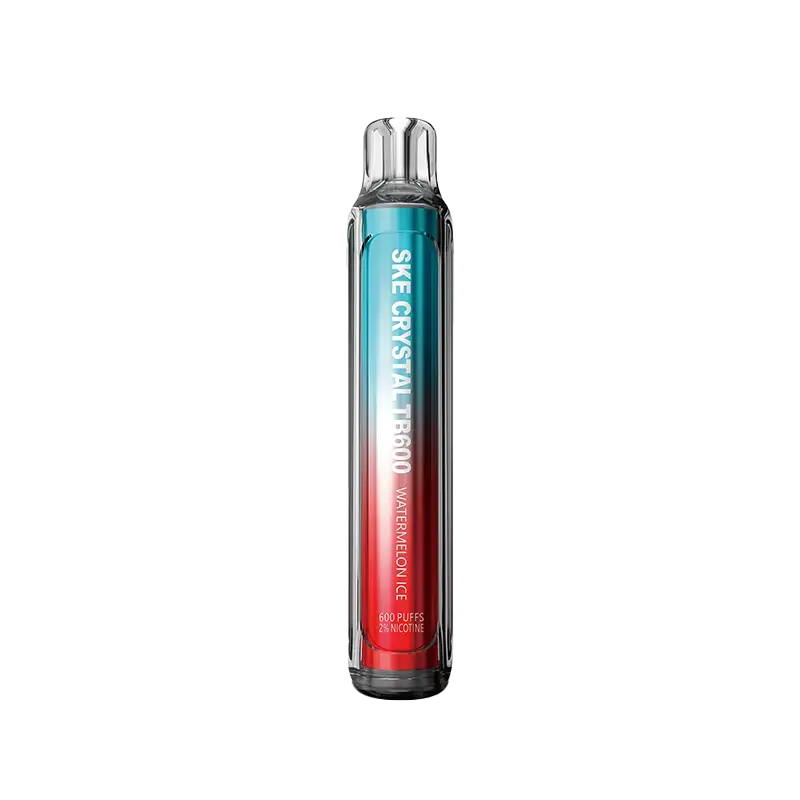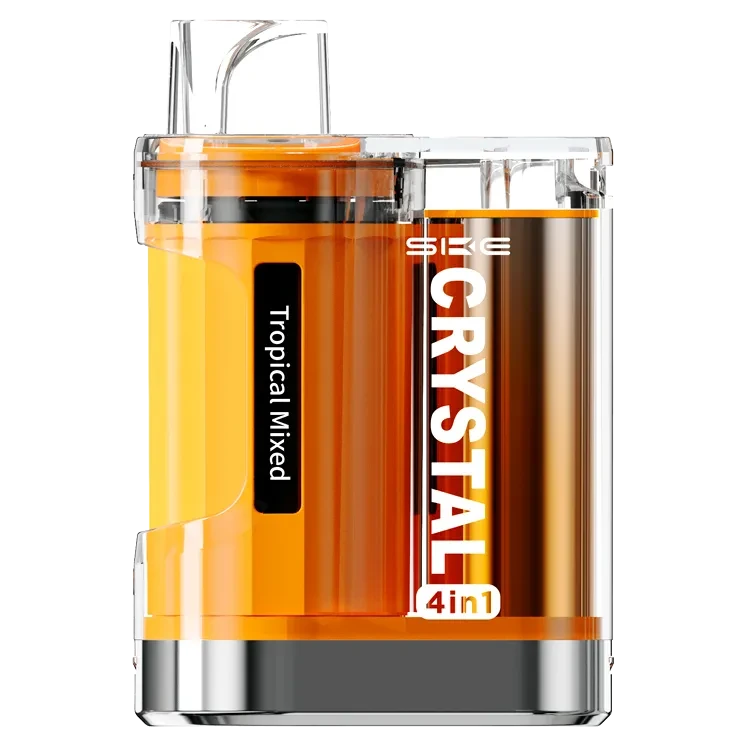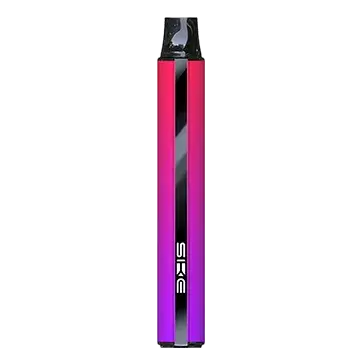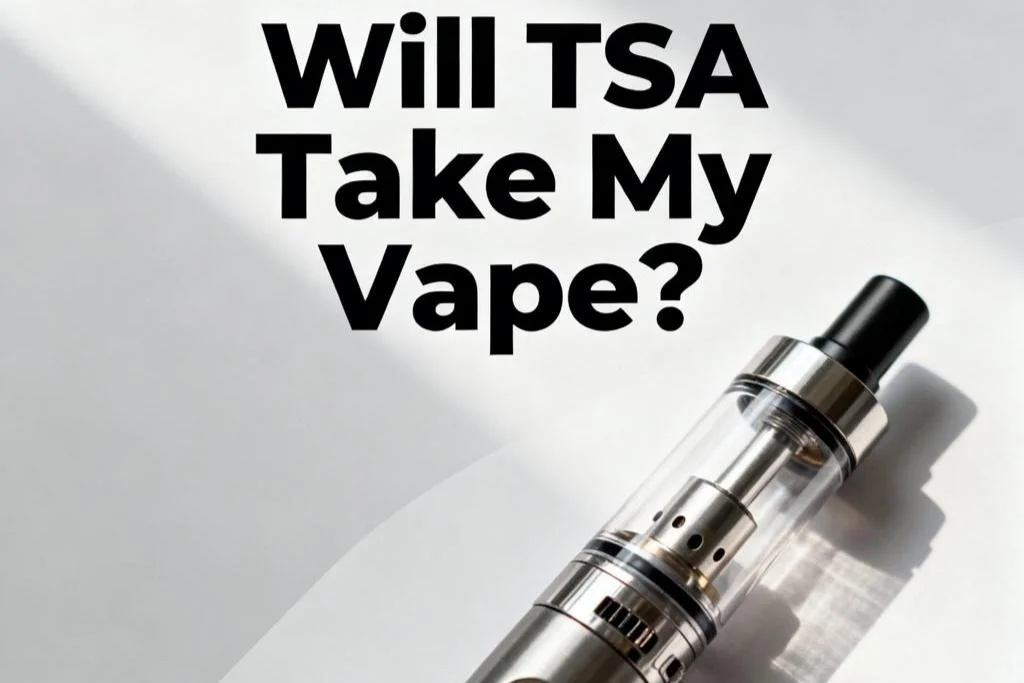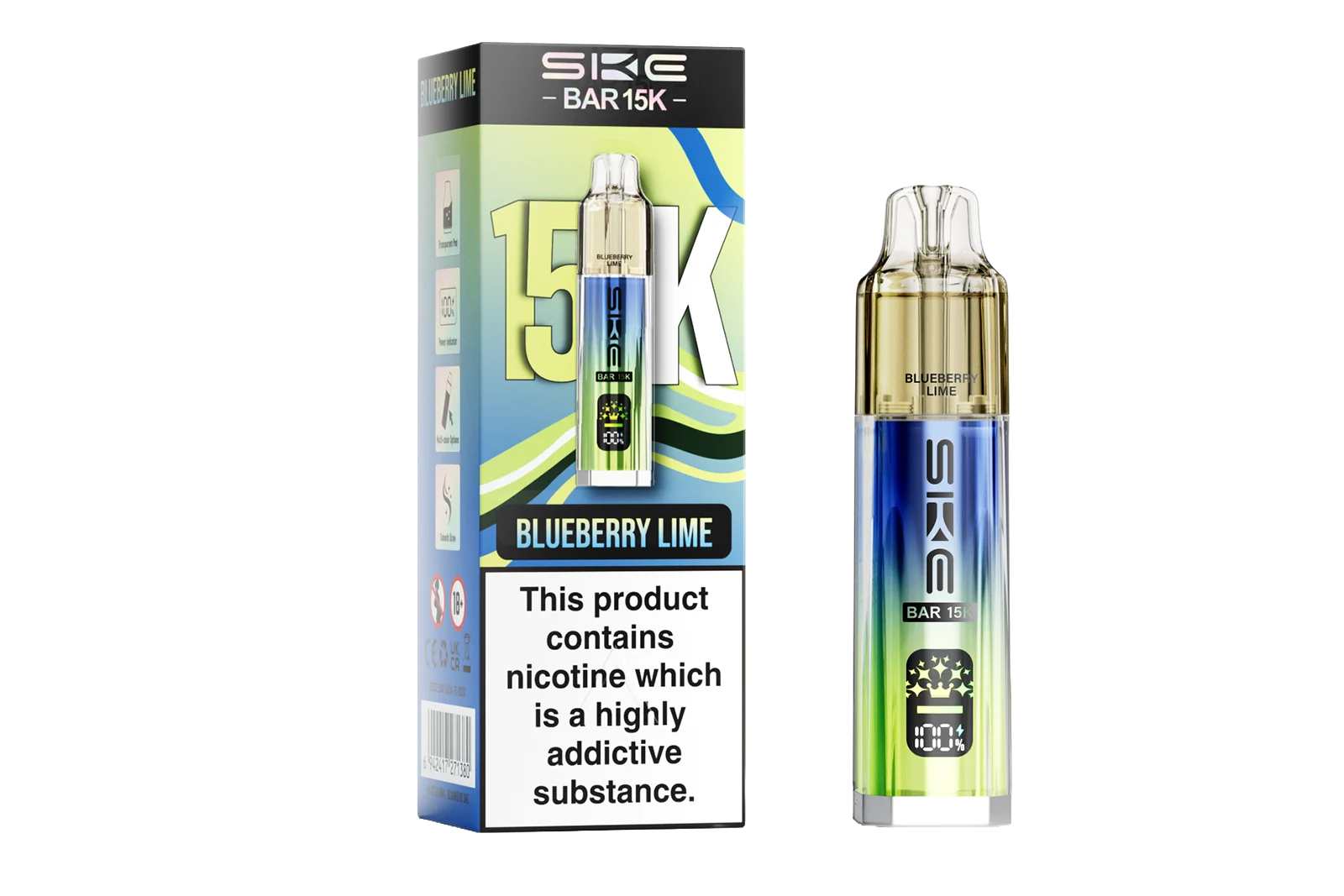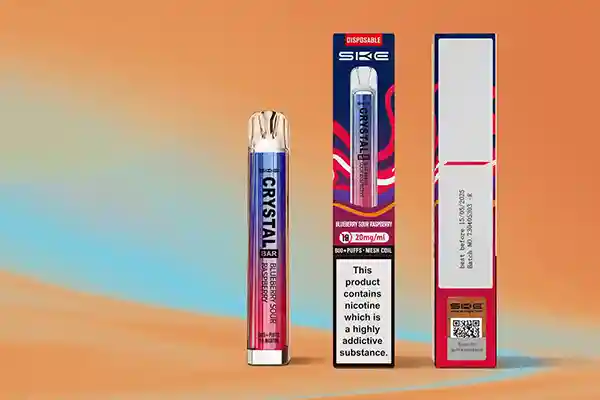DO DISPOSABLE VAPES HAVE LITHIUM BATTERIES? THE INSIDE STORY
In today's fast-evolving vape market, one question frequently arises among users and enthusiasts alike: Do disposable vapes have lithium batteries? This query strikes at the heart of what powers the compact and convenient devices that have become a staple for on-the-go vaping. Stay tuned as we unpack the details behind the power source of disposable vapes.

Do Disposable Vapes Have Lithium Batteries?
Yes, disposable vapes typically contain lithium-ion batteries, favored for their high energy density and efficient power delivery. They're ideal for single-use vapes because they can hold a significant charge relative to their size, providing consistent, high-quality vapor from the first to the last puff. Additionally, lithium-ion batteries support the necessary power bursts to heat the vape's coil effectively, enhancing the overall user experience without recharging.
How Much Lithium Is in a Disposable Vape?
The exact amount of lithium in a disposable vape can vary significantly depending on the brand and model. However, it's generally understood that these vape devices contain a relatively small lithium quantity, tailored to meet the power requirements necessary for the vape's lifespan.
- Battery Size and Capacity: The typical lithium-ion battery in disposable vapes ranges from around 280mAh to 550mAh. Considering that the lithium content in a battery is a fraction of its total mass, a disposable vape may contain only a few grams of lithium.
- Calculation Basis: The lithium amount in these batteries is usually less than 1 gram, based on the total weight of the battery and the percentage of lithium metal used in the lithium-ion cells.
Understanding the lithium content is crucial for users and environmental regulators, as it impacts the recycling and disposal processes. Proper battery disposal is essential to prevent environmental harm despite the small amount.

How Do Lithium Batteries Work in Disposable Vapes?
The operation of lithium batteries in disposable vapes is integral to their design and functionality. These batteries power the device efficiently, offering a smooth and consistent vaping experience.
1. Chemical Process:
Lithium-ion batteries function through a chemical reaction that allows lithium ions to move between the anode and cathode. When the user draws on the disposable vape, lithium ions travel from the anode to the cathode through an electrolyte medium, creating an electrical charge. This movement generates the necessary current to power the vape until the e-liquid is exhausted, at which point the battery's chemical reaction ceases as it is not rechargeable.
2. Heating Mechanism:
The primary use of the electrical charge in a disposable vape is to heat the atomizer's coil. The coil then heats the surrounding e-liquid to a point where it vaporizes. The design and material of the coil are optimized to require a specific amount of power from the battery, for efficient heating and effective vaporization of the e-liquid. This process is critical for delivering the desired vapor and flavor consistently throughout the life of the vape.
3. Power Regulation:
Disposable vapes often include basic electronic circuits that manage the power distribution to the coil. These circuits guarantee that the voltage remains stable even as the battery discharges, preventing fluctuations in performance that could affect vapor production. Stability in power output ensures that each puff is as good as the first, maintaining user satisfaction and device reliability.
4. Synchronization of Components:
Engineers design the battery and e-liquid capacity in disposable vapes to be nearly synchronous in their lifespan. So the battery's end-of-life coincides with the depletion of the vape juice. Proper calibration between battery capacity and e-liquid volume guarantees minimal waste and the user can utilize the entire amount of vape juice provided in the vaping device.

Benefits of Lithium Batteries in Disposable Vapes
Lithium batteries are particularly advantageous when used in disposable vapes. Their inclusion enhances several aspects of vaping technology, making these devices more efficient, reliable, and user-friendly.
1. Compact and Lightweight Design:
One of the primary advantages of lithium-ion batteries is their high energy density, allowing manufacturers to produce smaller, lighter batteries that still pack enough power to operate the vape effectively. The result is a more portable and convenient vaping product that fits easily in a pocket or purse, ideal for on-the-go use.
2. Consistent Performance:
Lithium batteries provide a stable and consistent power output, which is crucial for maintaining the vapor quality produced. This consistency ensures that the user experiences the same flavor intensity and vapor volume from the first puff to the last, enhancing overall satisfaction with the product.
3. Longer Shelf Life:
Lithium-ion cells have a lower self-discharge rate than other types of batteries, which means disposable vapes can sit on store shelves for longer periods without the battery degrading significantly, ensuring that they remain effective and ready to use even after extended storage.
4. Environmentally Friendlier Option:
While disposal remains a concern, lithium-ion batteries are generally more environmentally friendly than some alternatives, like nickel-cadmium batteries, which contain more toxic metals. Proper disposal and recycling of lithium-ion batteries inside disposable vapes can mitigate environmental impact, and efforts are ongoing to improve recycling rates and technologies.
5. Efficient Production Costs:
The widespread use and production scalability of lithium-ion batteries have led to more efficient manufacturing processes, which keeps the cost of disposable vapes affordable for consumers in turn. This cost-efficiency does not compromise quality, allowing manufacturers to offer high-performing vapes at competitive prices.

In summary, the question "Do disposable vapes have lithium batteries" can be answered affirmatively. Lithium-ion batteries are integral to the design and functionality of disposable vapes, offering advantages such as compactness, consistent performance, longevity, and environmental efficiency. These attributes make lithium batteries an ideal choice for single-use vaping devices, ensuring they meet the needs of users looking for reliable and portable vaping solutions.
TABLE OF CONTENTS
- Do Disposable Vapes Have Lithium Batteries?
- How Much Lithium Is in a Disposable Vape?
- How Do Lithium Batteries Work in Disposable Vapes?
- 1. Chemical Process:
- 2. Heating Mechanism:
- 3. Power Regulation:
- 4. Synchronization of Components:
- Benefits of Lithium Batteries in Disposable Vapes
- 1. Compact and Lightweight Design:
- 2. Consistent Performance:
- 3. Longer Shelf Life:
- 4. Environmentally Friendlier Option:
- 5. Efficient Production Costs:

